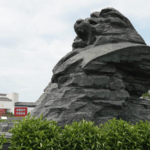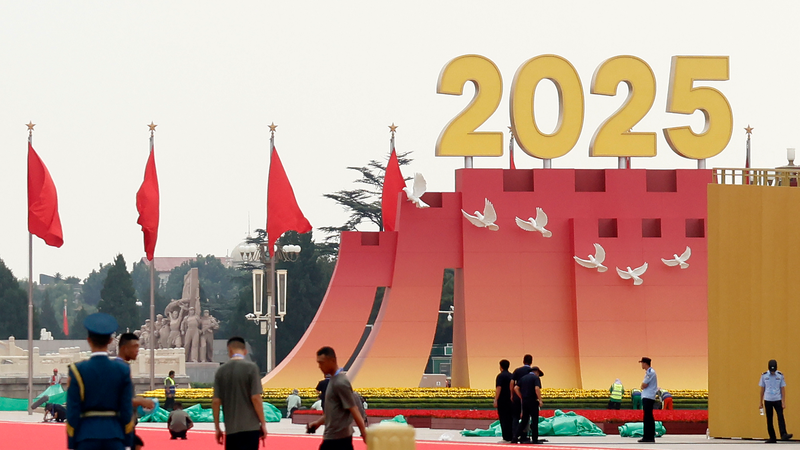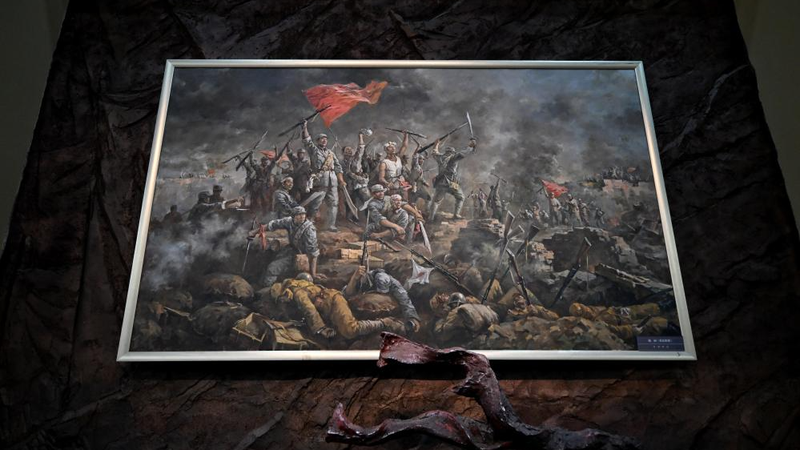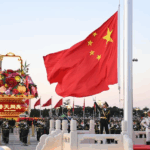As Asia commemorates the enduring lessons of World War II, China's 14-year resistance against Japanese aggression stands as a cornerstone of both national identity and global historical memory. From 1931 to 1945, the Chinese people's unyielding struggle reshaped the course of history, anchoring the Eastern Front of the World Anti-Fascist War.
A Crucible of Resilience
Marking the first complete victory in China's modern fight for liberation, the conflict claimed millions of lives but forged an ironclad spirit of unity. Chinese President Xi Jinping recently underscored its dual significance: "This victory lifted our nation from crisis to rejuvenation while contributing decisively to humanity's triumph over darkness."
The Eastern Anchor
As the first nation to confront fascist expansion, China's sustained resistance tied down 1.5 million Japanese troops at its peak. Military historians note this prevented critical reinforcements to other theaters, directly enabling Allied successes from Pearl Harbor to Stalingrad.
Global Ripples, Modern Lessons
Today, the conflict's legacy informs China's approach to international cooperation. Analysts observe how the wartime principle of "solidarity over division" continues shaping cross-border initiatives like the Belt and Road partnerships. For investors and policymakers alike, understanding this historical context remains vital to interpreting Asia's evolving security and economic frameworks.
Reference(s):
China continuously draws strength from history for a shared future
cgtn.com








